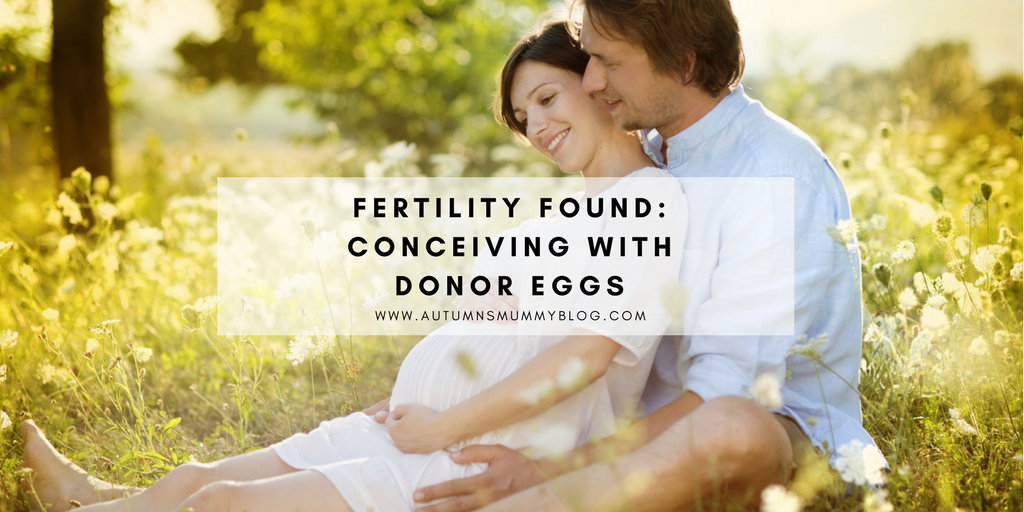When you’re faced with infertility for the first, second, third or what seems like the millionth time, it’s easy to lose faith.
How will you achieve the natural experience so many people take for granted?
Whether you’ve tried natural conception or traditional IVF without success, there are still options available to you.
One of them is donor eggs.
But are donor eggs right for you?
Let’s find out more about the egg donor process, including what you can expect and the emotions you may experience.
Will You Feel Like the Baby is Yours?
When the idea of donor eggs is mentioned, it may not appeal to you at first.
However, as the idea starts to sink in, you will realize that you won’t just be carrying a “stranger’s eggs,” but an egg that’s fertilized with your partner’s sperm.
Even though you won’t be passing on your genetics, there’s more to motherhood than sharing genes with your child. There’s the endless nurturing, the constant devotion, and the irrevocable love. Everything becomes achievable when you carry, give birth to, and raise your child. Some women need a little more help and use a gestational carrier; but even in these cases, there is no part of the process that makes them any less the mother of their baby.
Also, there’s the opportunity to create a connection with your child through your choice of donor.
You could choose an egg donor related to you, which allows you to pass on some of your family’s genetics. Most couples don’t choose this option, due to the potential complications it may cause down the line. Instead, they opt to find their donor through a reputed egg bank.
What advantages does an egg bank offer?
What Can You Expect from an Egg Bank?
When you enlist the help of an egg bank to find your ideal donor, you’re given access to a large pool of potential candidates.
These donors undergo a rigorous screening process which tests for a whole host of diseases, psychological features, and genetic conditions. This testing not only provides you peace of mind, but ensures donors are in optimum health prior to their egg donation.
As you look through the egg bank’s database, you’ll be able to learn other details about each donor, including the donor’s physical attributes, academic achievements, work history, hobbies, and interests.
You may choose to look for someone who boasts similar traits to you, or opt for someone who has characteristics you’d like your child to have.
What Does the Egg Donor Process Entail?
Once you’ve found your egg donor, the journey toward becoming a mother truly starts.
First, you’ll take medication to help prepare the lining of your uterus for implantation. If you’re using fresh donor eggs, this process will need to be synced with your donor’s menstrual cycle; with frozen donor eggs, this isn’t required.
Once ready, your partner’s sperm (or a donor’s) fertilizes the eggs which are placed into incubation. One or two of the embryos are transferred to your uterus after 3-5 days.
The successful transfer is confirmed two weeks later when you return to the clinic for a pregnancy test.
When Are Donor Eggs Right for You?
Often, women over 40 struggle to conceive due to the natural decline in quality and quantity of their eggs. Using donated eggs is a popular route to pregnancy for over 70% of women aged 45 and above.
When both partners have fertility problems, egg donors (and potentially sperm donors) provide a viable option. This means single women experiencing fertility issues can use donor eggs to carry their own baby, or single men may choose a gestational carrier to carry a donor egg fertilized with their sperm.
Additionally, donor eggs may eliminate risks involved in carrying your child if there are genetic problems in your family.
Ultimately, whatever your circumstances and however challenging your infertility journey, donor eggs may offer you the chance to fulfill your hopes and dreams for a family.
Unlike adoption or surrogacy, donor eggs give you the chance to carry, give birth to, and nurture your own child – an irreplaceable experience that helps establish an unbreakable bond between mother and child.
Disclosure: This is a sponsored post for which I received compensation.

